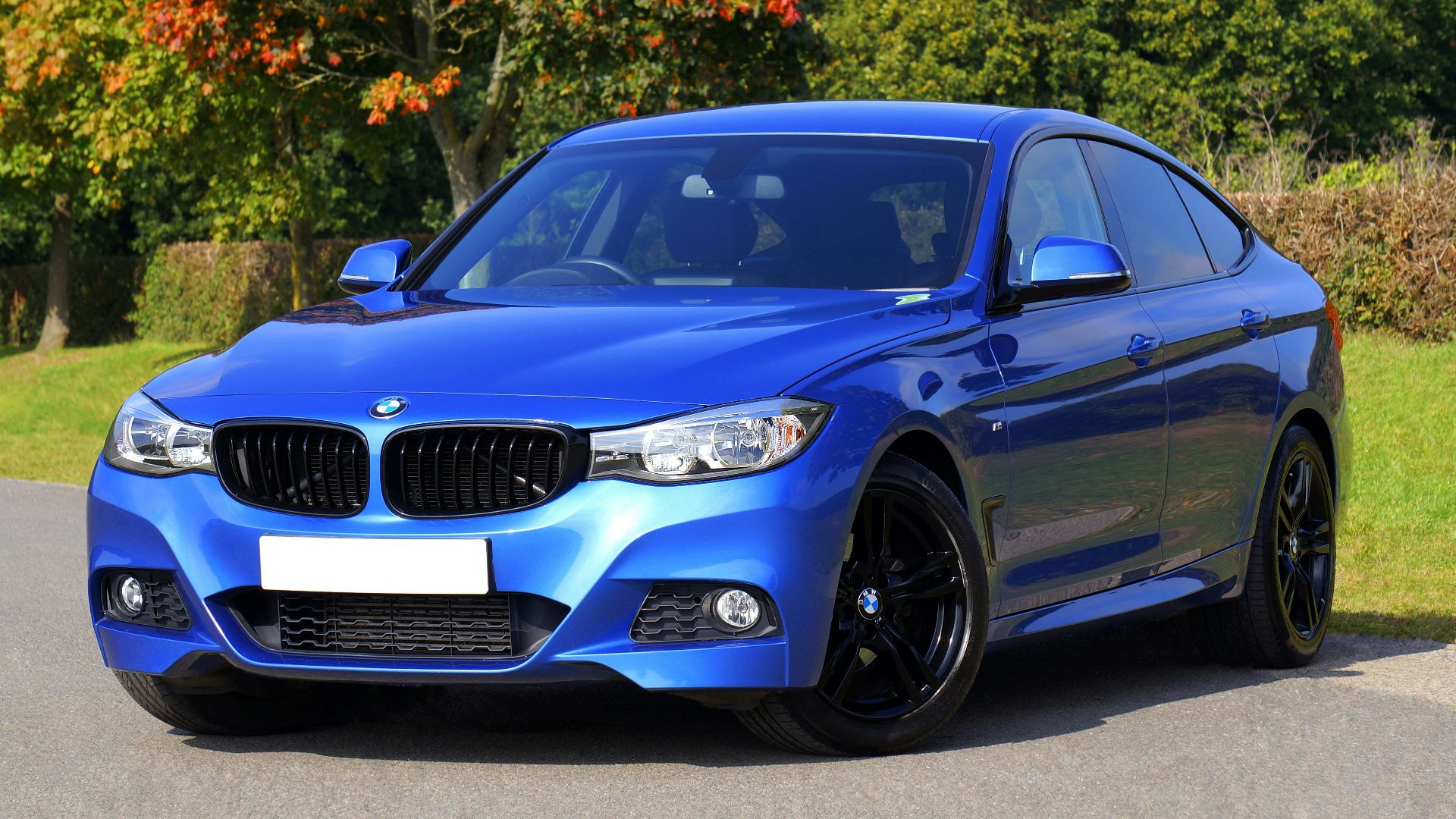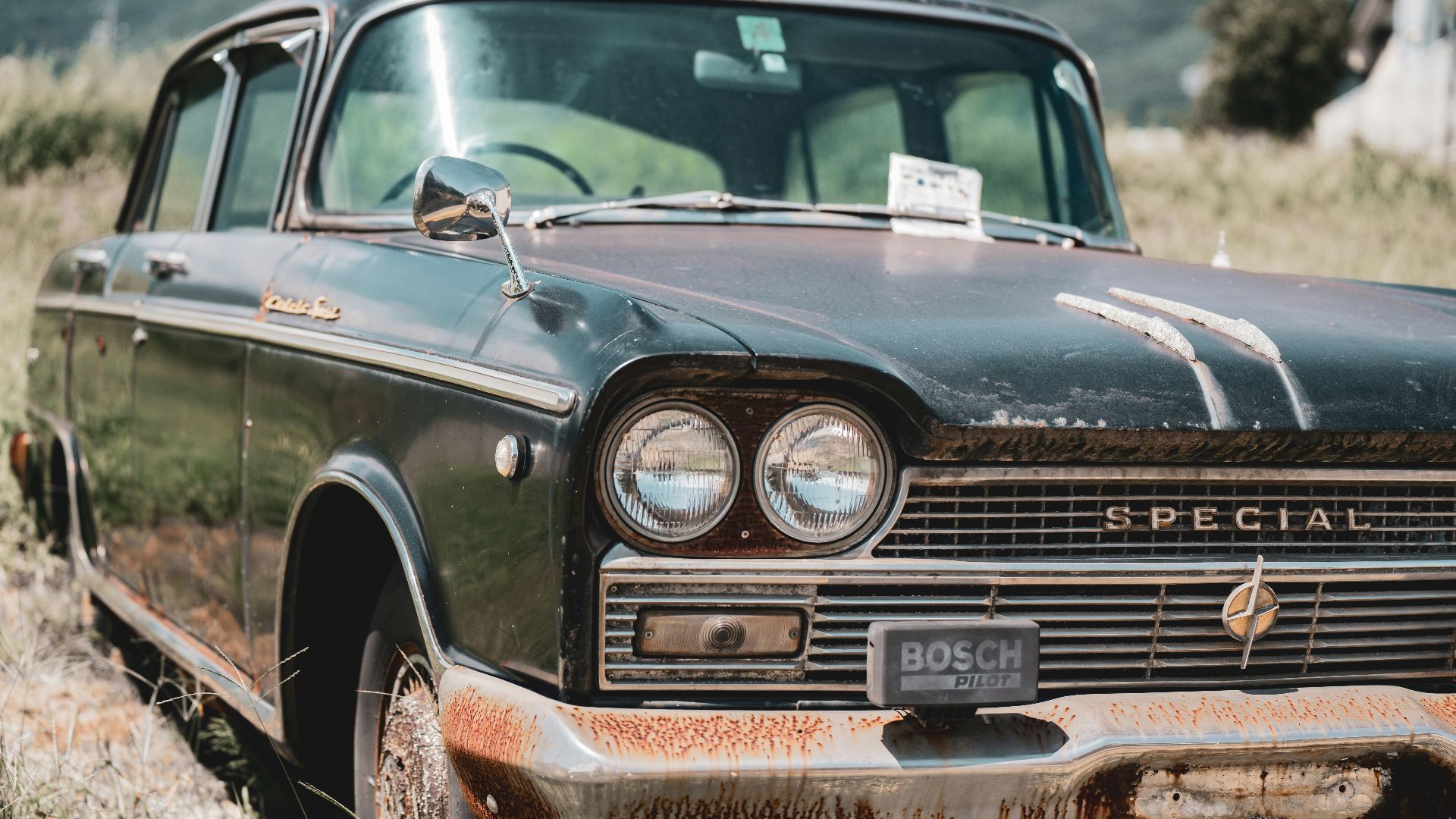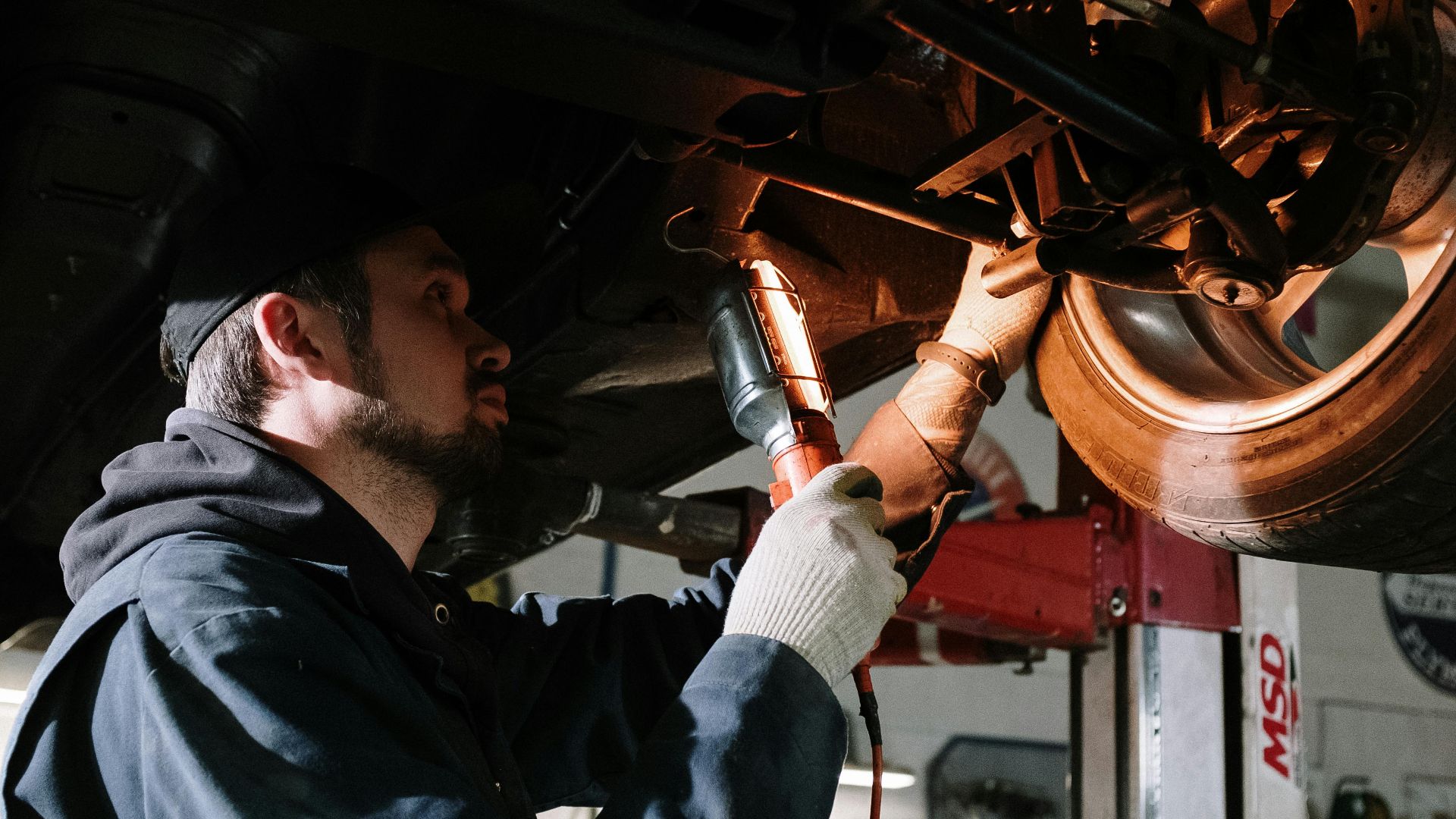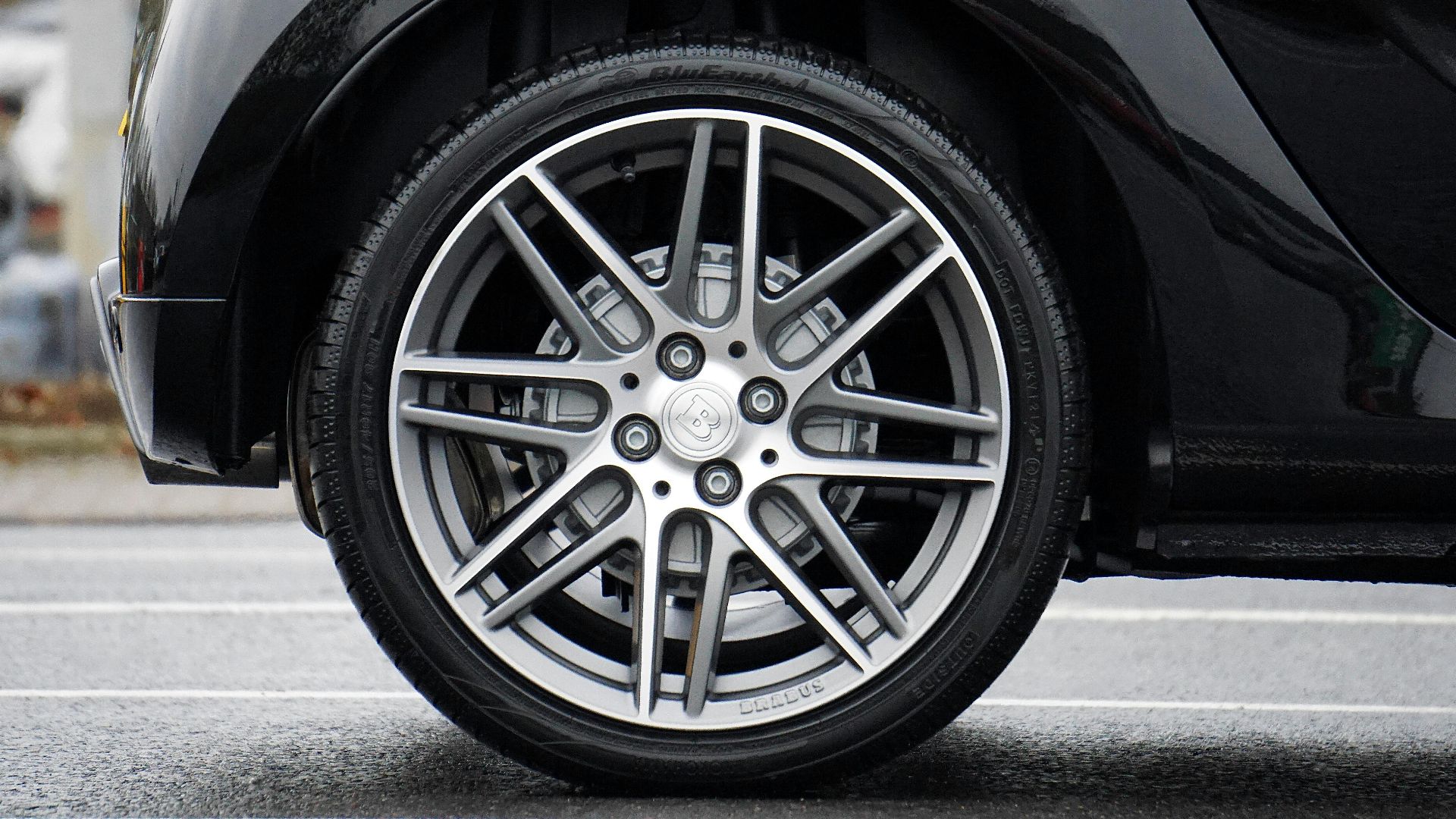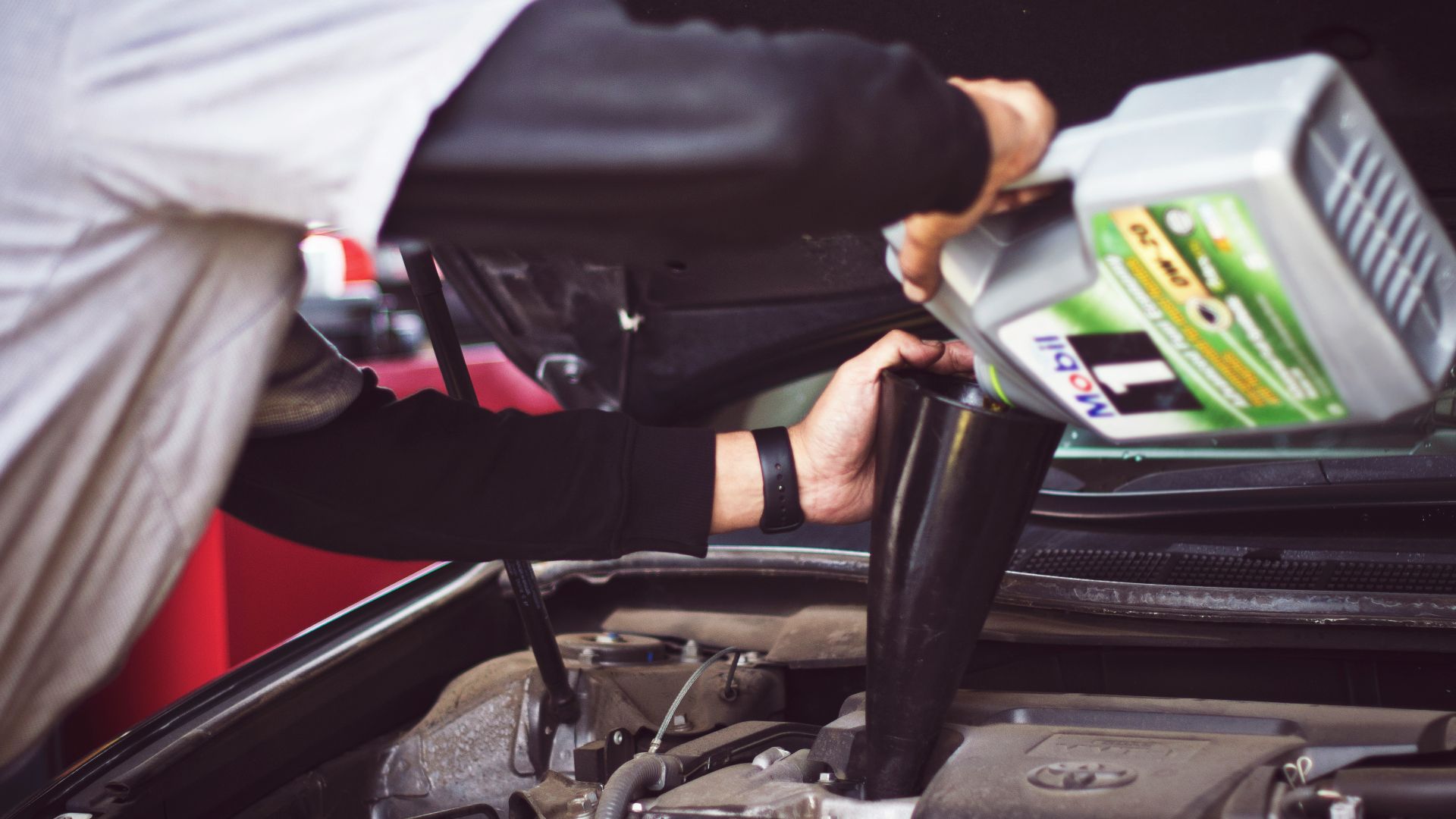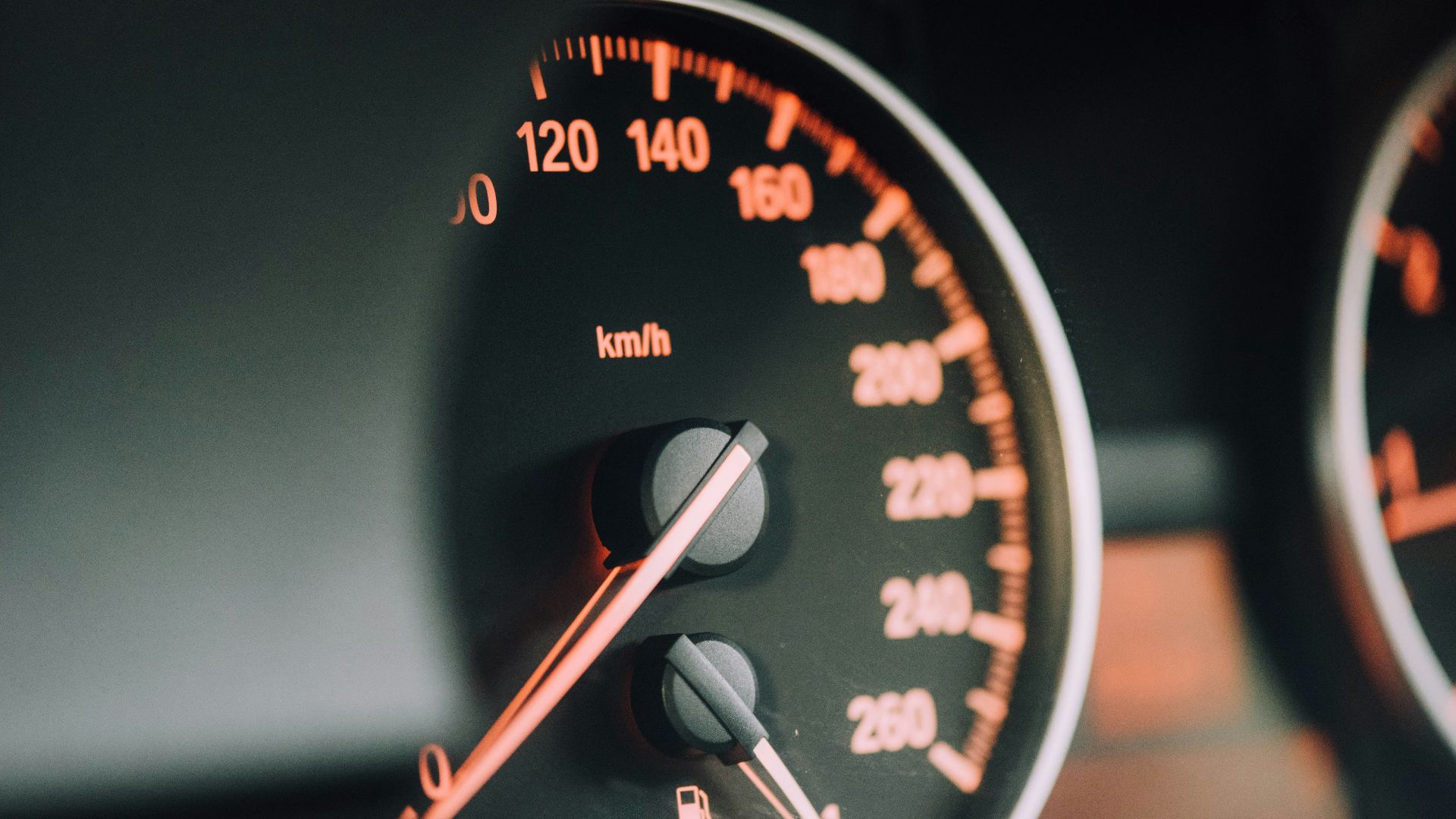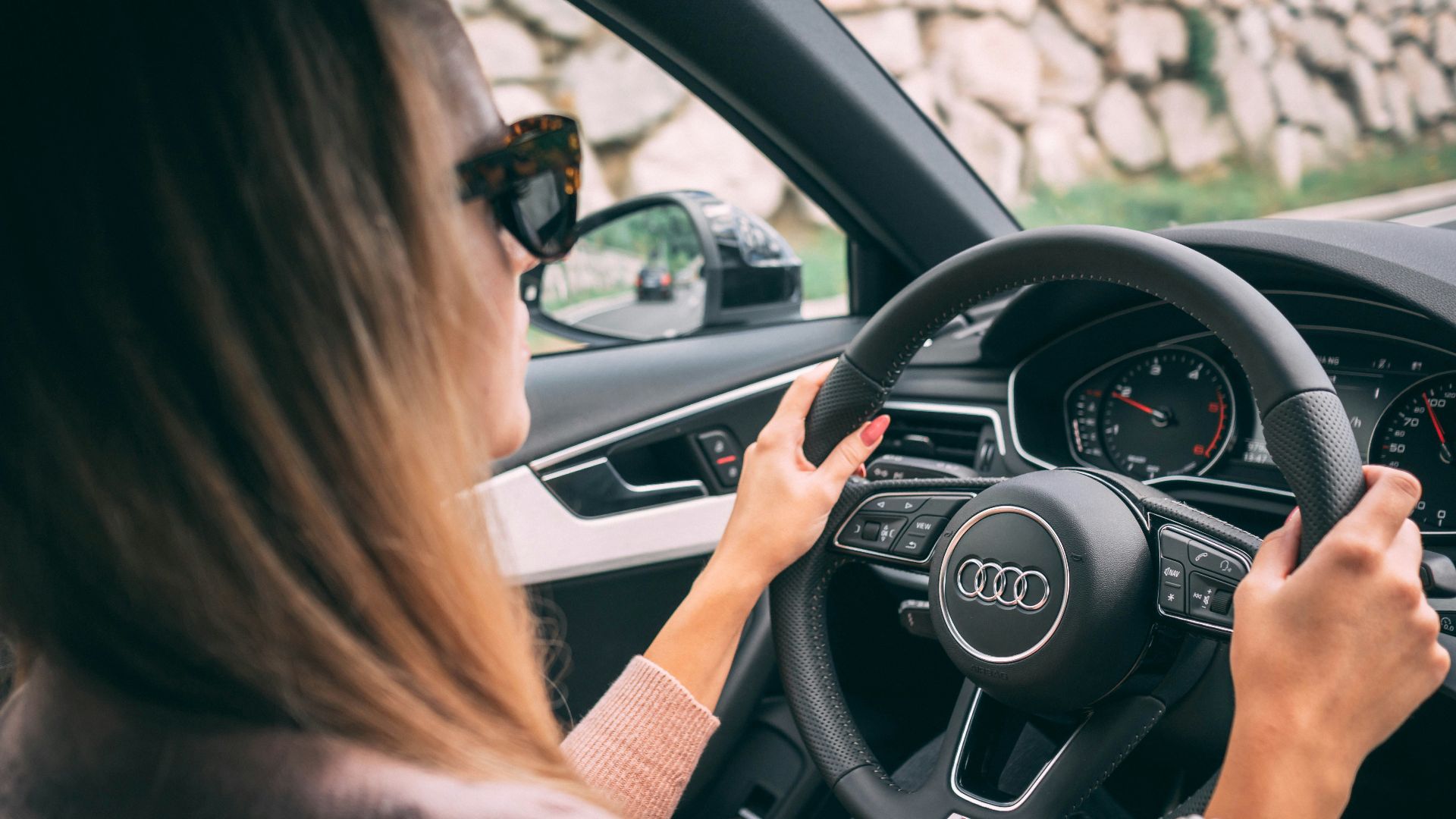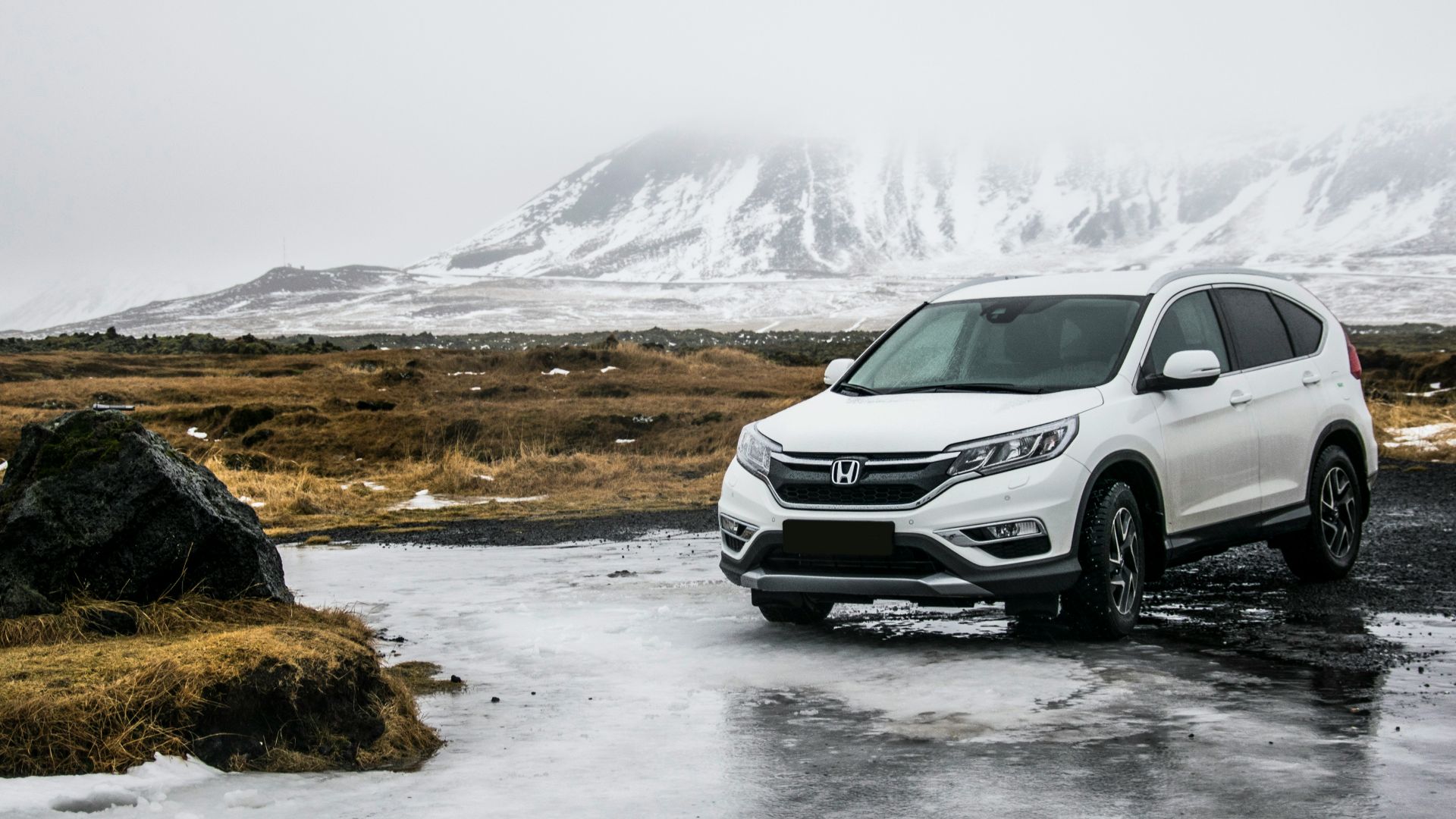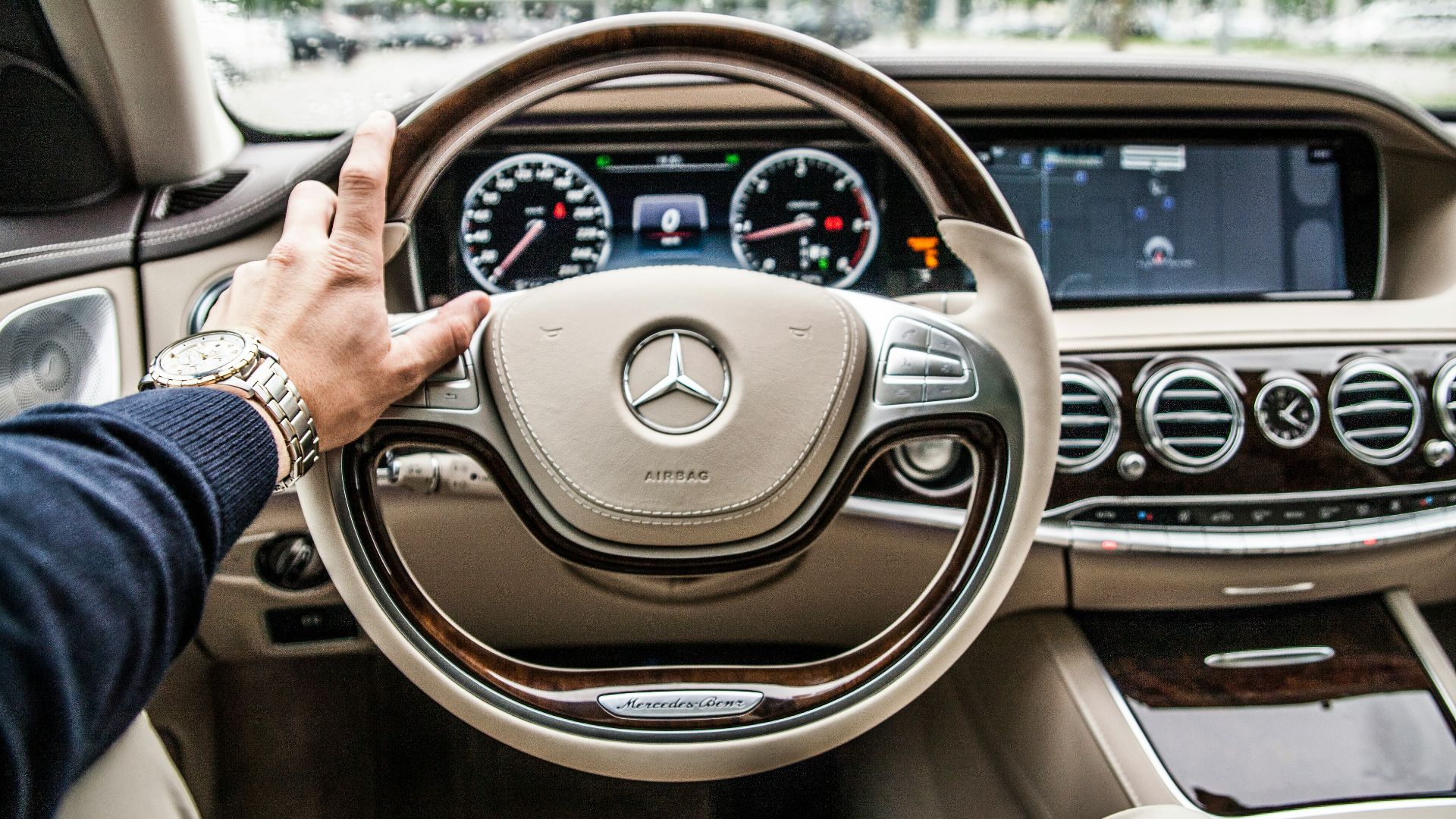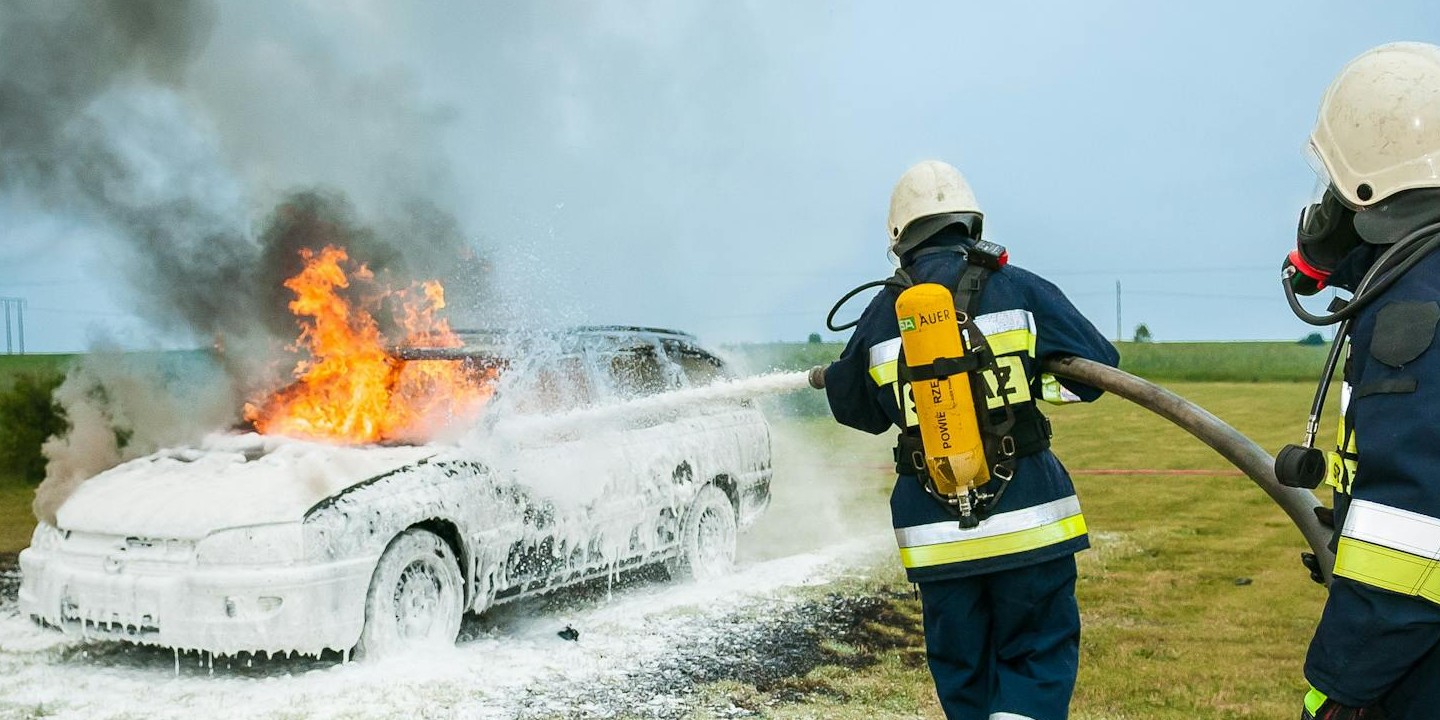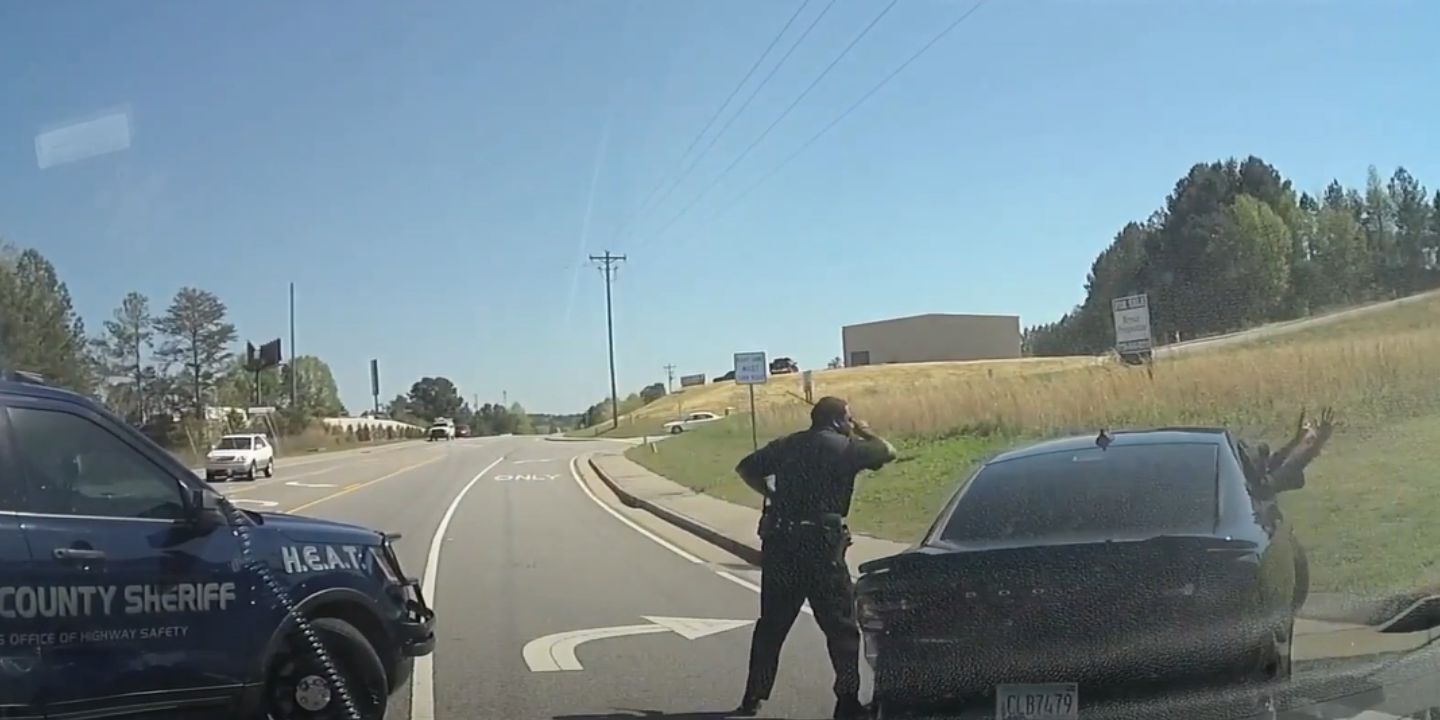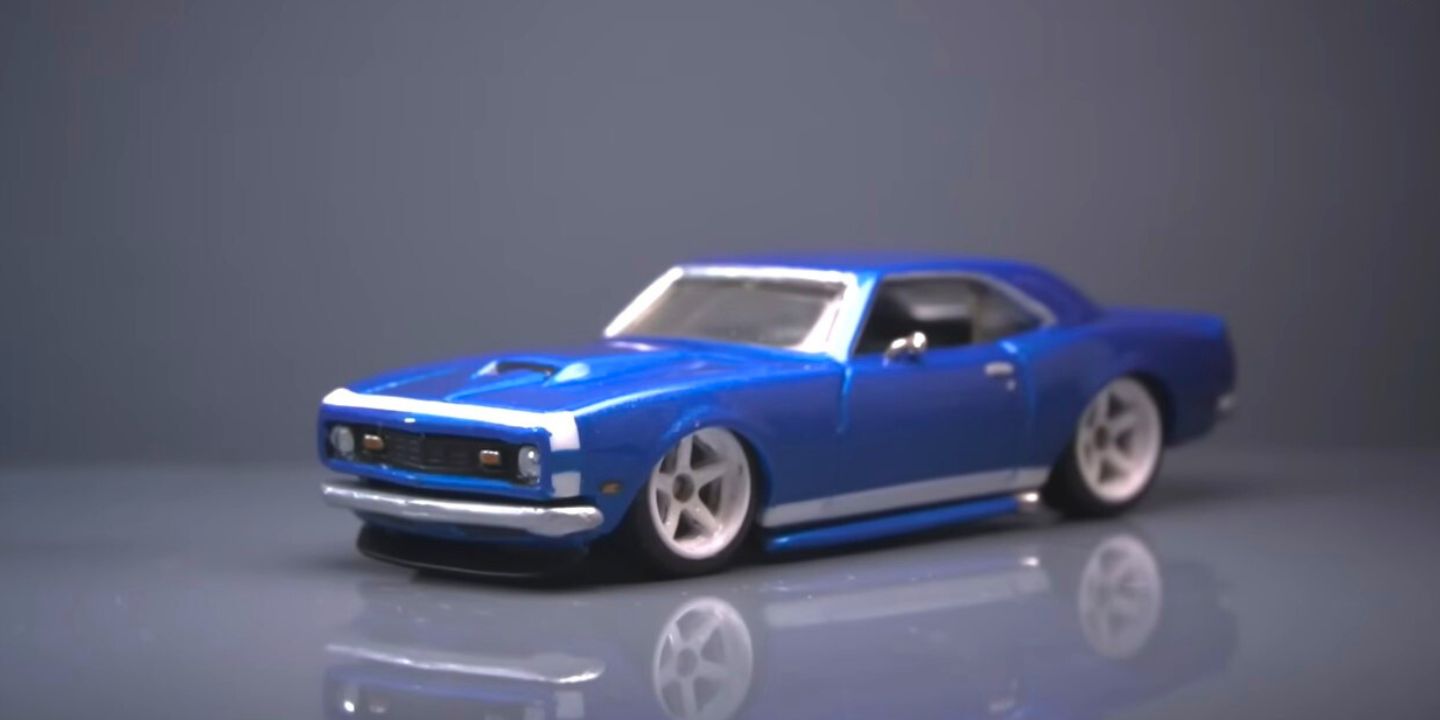10 Questions You Should Always Ask Before Buying a Car & 10 That Make You Look Silly
Don’t Be Naïve
Buying a car is one of the larger purchases a person makes in their life. With thousands of dollars on the line, it’s important to make an informed investment, whether you’re buying from a dealership or getting it second-hand off Craigslist. To keep you from making a mistake, here are the best and worst questions to consider asking.
1. What is the car’s mileage?
Mileage is used to determine the lifespan of a car, which is important information to have when buying second-hand. You don’t want to invest thousands of dollars into a car only for it to fail you in a year or two.
2. Why are you selling the car?
When buying second-hand, it is important to understand the intricacies surrounding the car. Asking why someone is selling can be really telling, as they might have a problem that you could also have. For instance, if there are hidden issues or weird features, you don’t want to be stuck with it either.
3. Is the car new or used?
Whether you’re buying from a lot or a private seller, understanding the condition of a car is a must. Plus, not only does the state of the car impact your driving, but it can also affect the warranty, price, and a whole host of other potential issues.
4. Does the car come with a service history?
The history of a car makes and shapes it into what it is today. Additionally, with access to service records, you’ll be able to reduce your own driving risk and ensure it has been receiving regular maintenance. If a car is missing this information, it can be a red flag and you might want to back off.
5. Has the car been involved in accidents?
This is another important factor to be aware of when making a big purchase. Not only does the accident history affect the car’s value, but it also impacts performance and your own safety. Understanding what went wrong, who was at fault, and how it influences your own insurance is essential.
 Dominika Kwiatkowska on Pexels
Dominika Kwiatkowska on Pexels
6. Can I get the car inspected before purchasing?
Ideally, unless somebody has something to hide, they should have no issue with this request. While it is an extra cost, you should definitely invest in a professional inspection to identify problems the seller may be trying to hide. Spending a few hundred on an inspection now will save you thousands in repairs later.
7. What safety features does it have?
With many modern and technological innovations on the market, understanding what a car can do and how it competes with other models is worth learning. For instance, does the car have lane assist or a backup camera? More importantly, does it have airbags?
8. What is the car’s fuel efficiency?
If you want to save money on your daily commutes, it is important to understand fuel efficiency. Even if a car is cheaper, being a gas guzzler can put you back hundreds of dollars every month. Rather than leave it to the seller to figure out, you can also do a little research of your own to identify the most fuel-efficient brands and models.
9. Are there any pending recalls on this model?
Recalls happen when an intrinsic production error has made its way into multiple models. These errors could affect safety or mean the car needs hefty repairs. If a car has been recalled, it may also put the quality in question.
10. What is the condition of the tires?
You’re already spending thousands of dollars on a car, so you might not want to splurge for some extra tires. Making sure the tires it comes with are effective and safe will save you from having to make costly replacements down the line.
Now that we have discussed the important questions worth asking, here are a few you might want to skip. While there’s nothing wrong with wanting more information, these questions make you appear naïve and uninformed.
1. Is this a good car?
Obviously, the seller will say it is, unless they want to upsell you an even more expensive car. However, the question in general is too vague. What does good look like to you? For instance, if a good car to you has lots of safety features, you should ask about that instead.
2. Do I have to change the oil?
If this is your first car, you might not be too knowledgeable on basic car maintenance. To keep a long answer short, you need to change the oil on all cars regularly; it’s just part of the deal. But asking a seller this might make you look uneducated.
3. Is this car compatible with my charger?
This isn’t a very important question in the grand scheme of things. Most modern cars come with standard ports, and you can always find adapters and plug-ins that suit your charger. You should stick to asking more relevant questions instead.
4. How fast can it go?
Unless you’re in the market for a sports car or are into drag racing, the actual speed of the car doesn’t matter. Most speed limits won’t let you get past 100, which is why you should focus on significant details like fuel efficiency and mileage instead.
5. What is the brand of this car?
You should be able to recognize the brand yourself, and if you can’t, it means you probably need to go do some more research before stepping into a dealership. By taking the time to learn a bit about the models you’re interested in, you can prevent the seller from making a fool out of you.
6. Is this car good for everything?
No car is good for everything; all of them have strengths and weaknesses, and it’s up to you to decide which of those matter the most to you. If you ask a seller this, they might just tell you what you want to hear. So be sure to come prepared with a list of wants.
7. How much horsepower does it have?
Similar to the speed issue, this just isn’t relevant. While many car companies like to brag about horsepower, it doesn’t really apply to daily usability. Unless performance matters to you, you might as well skip this one.
8. What will my monthly payment be?
This is a question the seller probably won’t be able to answer on the floor. Aside from the cost of financing or leasing, it would be up to you to figure out insurance. That will likely depend on your interest rates and credit score, and you won’t know the total price until you apply.
9. Will this car break down?
If the car is prone to breaking down, a seller isn’t going to admit that. But in reality, no one can truly predict if a car will break down. That is why you should ask about warranties and do research on reliable brands instead.
10. Can you tell me when you have a better deal?
If you like a car but don’t love the price, don’t ask the seller to call you when there’s a discount and leave. This shows a lack of commitment, and you’re more likely to lose the car. If you want to negotiate, you should do it then and there on the sales floor.




